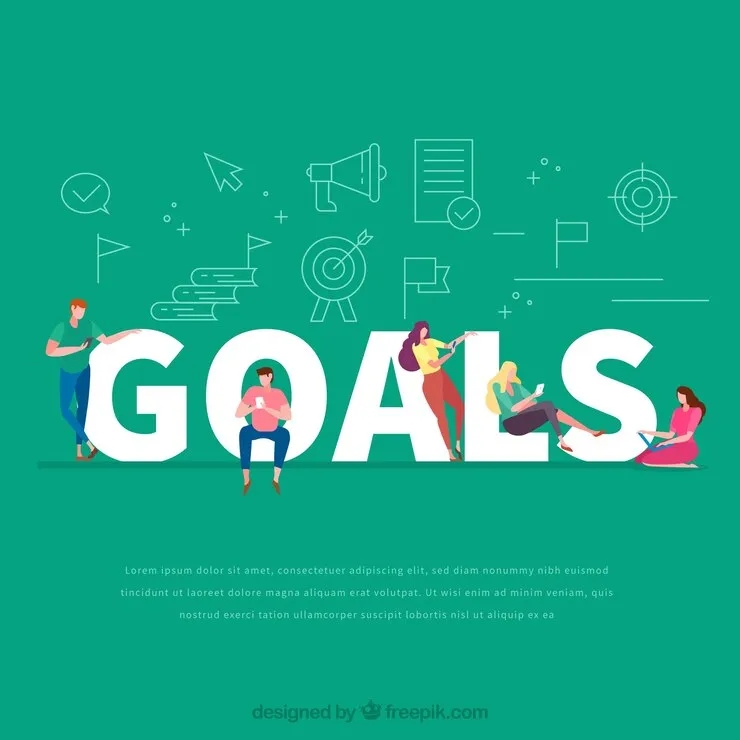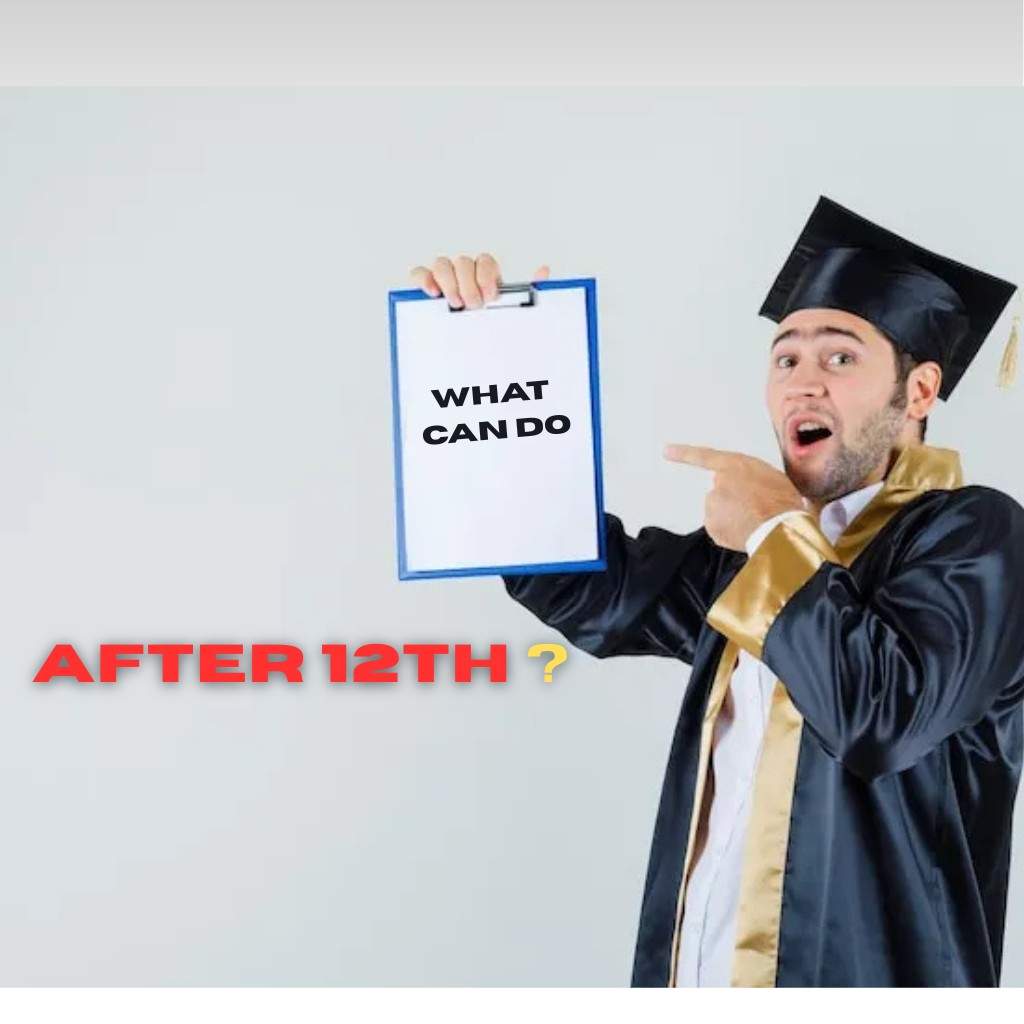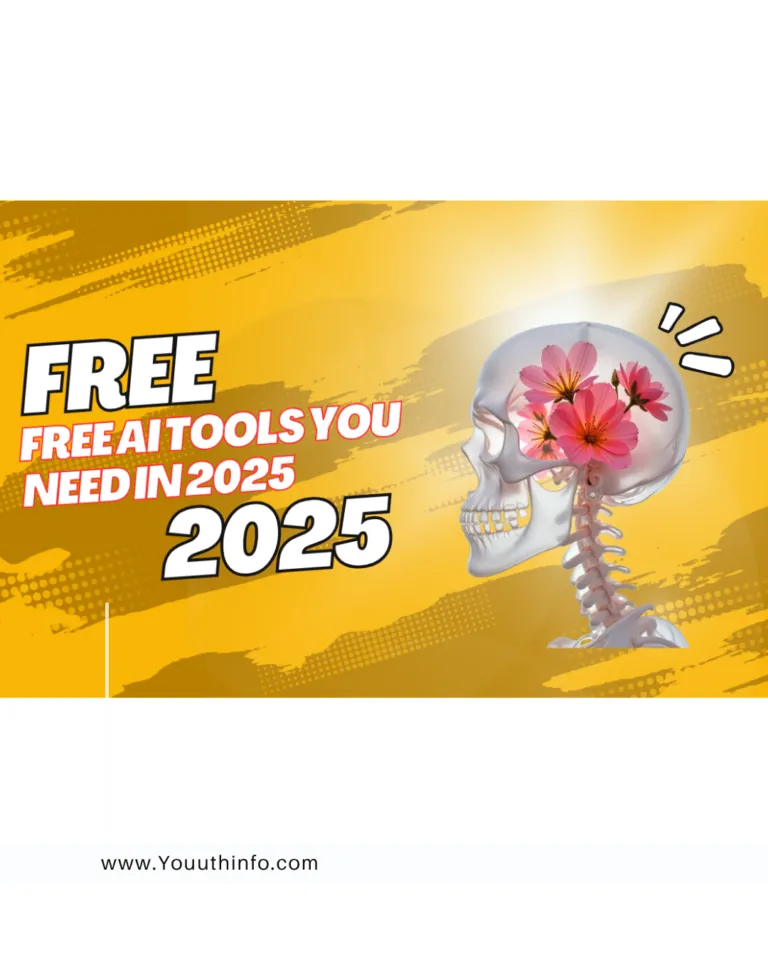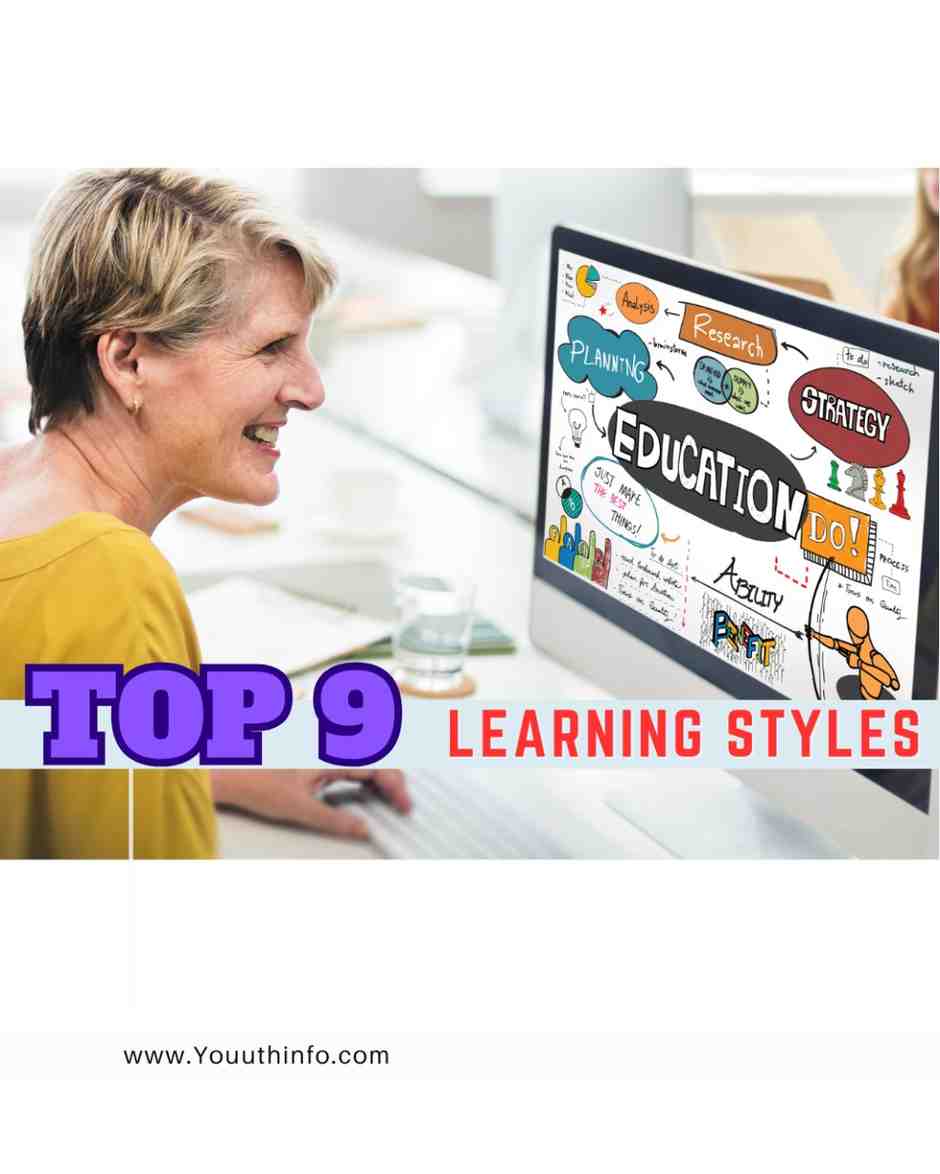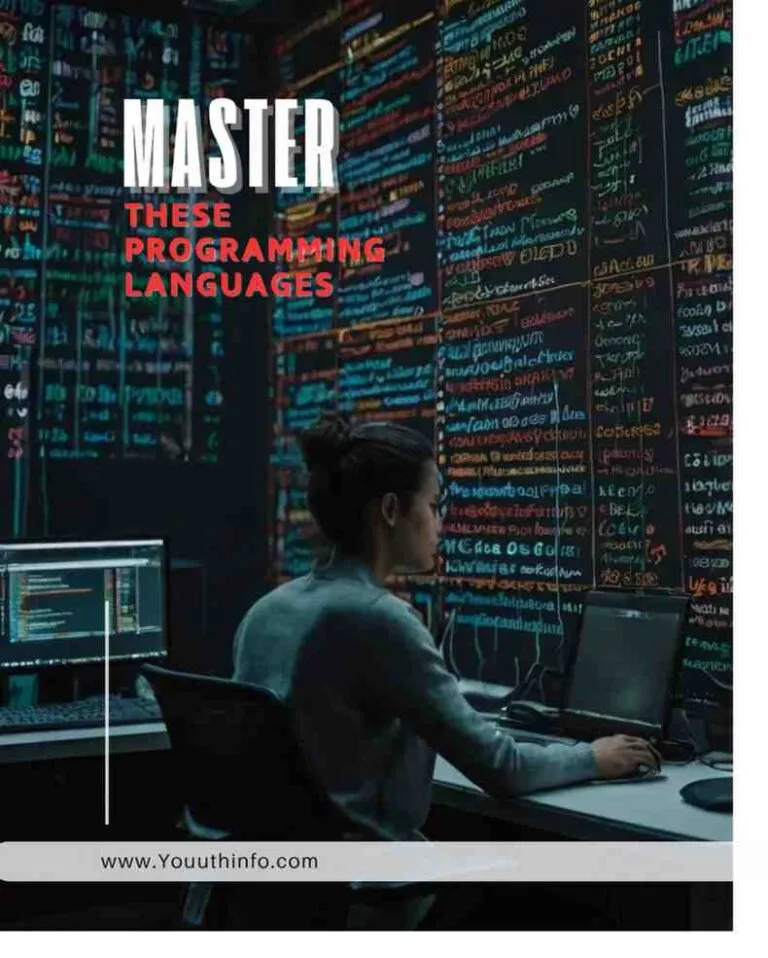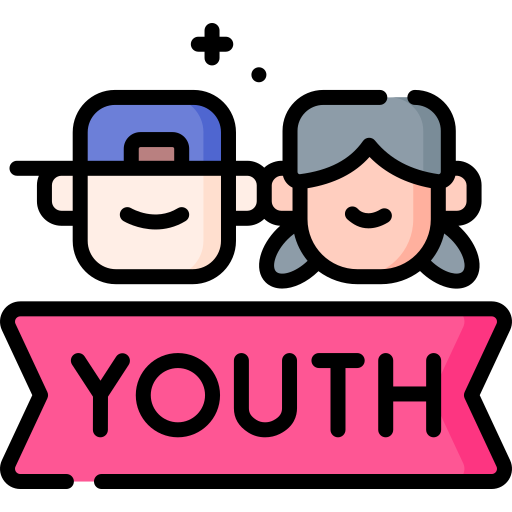Selecting a profession Free Career Test for Students After 12th can be like standing at a junction with several confusing signposts directing you in every possible direction. It’s thrilling, indeed, but also daunting. One choice can decide the course of your life. That’s when career tests step in—they are like a compass, helping you navigate towards your best-fit path. If you’re unsure about your next move after your 12th, a free career test could be the wisest next step.
Table of Contents
ToggleWhat is a Career Test?
A career test is an instrument that measures your interests, abilities, personality, and aptitudes to suggest careers that best match who you are. It’s not a magic wand, but it can provide clarity by shortlisting options that really suit you. Whether you are interested in arts, commerce, or science—or still confused—career tests provide evidence-based recommendations.
Why is a Career Test Important After 12th?
By the time you reach 12th grade, society wants you to decide what you want to be. But honestly, most students are still discovering themselves. That is perfectly fine. Here’s the way career tests assist:
- Remove confusion: There are so many careers available. Tests can narrow it down to a few based on your profile.
- Match your inborn talents: Why get stuck in something you are not cut out for?
- Clarity early on results in more effective planning: The earlier you get your goals lined up, the more effectively you can select the appropriate college, courses, and internships.
Types of Career Tests for Students After 12th
Aptitude-Based Tests
They help evaluate logical thinking, numerical aptitude, verbal skills, and spatial ability to recommend jobs where your inherent strengths get reflected.
Interest-Based Tests
Here, you provide answers to questions regarding what you like to do. The test aligns these interests with career areas such as health, technology, creativity, etc.
Personality-Based Tests
Following psychology (usually MBTI, Big Five), these tests evaluate your personality type—introvert or extrovert, thinker or feeler—and recommend jobs accordingly.
Skill-Based Tests
These test what you already know or can do effectively, whether it is coding, writing, communication, or leadership.
Advantages of Taking a Free Career Test

- It’s free—no risk involved
- Increases self-awareness
- Saves time and money by evading wrong course decisions
- Boosts confidence by confirming you’re on the right track
- Useful for college admissions for statement of purpose and interviews
How to Select the Best Career Test
All tests aren’t equal. Here’s how to select the best one:
Reliability and Accuracy
Ensure the test is psychometrically validated and administered by professionals.
Personalized and Detailed Reports
Good tests don’t toss around career names; they offer reasons, analysis, and action plans.
Created by Experts
Opt for those created by psychologists, career counselors, or schools.
Best Free Career Tests Online
1. MAPP Career Assessment
Offers detailed career matches related to motivations and preferences.
2. CareerExplorer by Sokanu
Comprehensive test that assesses interests, personality, goals, and work environment preferences.
3. 123Test
Easy to use and effective, with free personality and career test options available.
4. Truity Career Personality Profiler
Based on the Holland Code and Big Five Personality traits.
5. Indian Platforms: CareerGuide, Shiksha, MapMyTalent
Specifically designed for Indian students and associated with local college opportunities.
How to Interpret Your Career Test Results
Don’t worry if your result indicates something that surprises you. Career reports are a beginning, not the end. Here’s what to expect:
- Top 3-5 recommended careers
- Corresponding personality traits
- Suggested educational routes
- Gaps in skills and how to close them
Talk to a counselor for a deeper interpretation if needed.
Common Mistakes to Avoid
- Faking answers to sound smarter
- Taking one test and blindly following it
- Ignoring your dreams due to peer pressure
- Believing tests are fortune tellers—they’re not
What to Do After Getting the Test Results

Explore the Career Options
Research the day-to-day work, required education, job prospects, and salaries.
Connect with Professionals
Talk to people actually working in the recommended fields.
Choose the Right College and Course
Now that you are aware of the road map, choose colleges that have programs relevant to you.
Case Studies: Real-Life Student Experiences
Riya’s Story (Psychology)
Once her test indicated high emotional intelligence and empathy, Riya began studying psychology. Now she’s studying her Bachelor’s in Psychology and enjoying every moment of it.
Arjun’s Journey (Engineering)
Arjun used to like repairing things but was not clear. His test indicated high spatial intelligence and logical reasoning. Engineering proved to be just the right fit.
Role of Parents in Career Decisions
Parents have good intentions, but sometimes their aspirations overpower yours. A career test provides objective insight they will appreciate. Foster open communication in which both of you consider alternatives together.
The Future of Career Planning in India
The future is intelligent—literally. With the power of AI, machine learning, and data insights, career planning has become more individualized than ever. Career counselors and mandatory tests are being introduced in schools. We’re getting close to a point where ignorance after 12th will be exceptional.
How Career Tests Help You Discover Hidden Talents
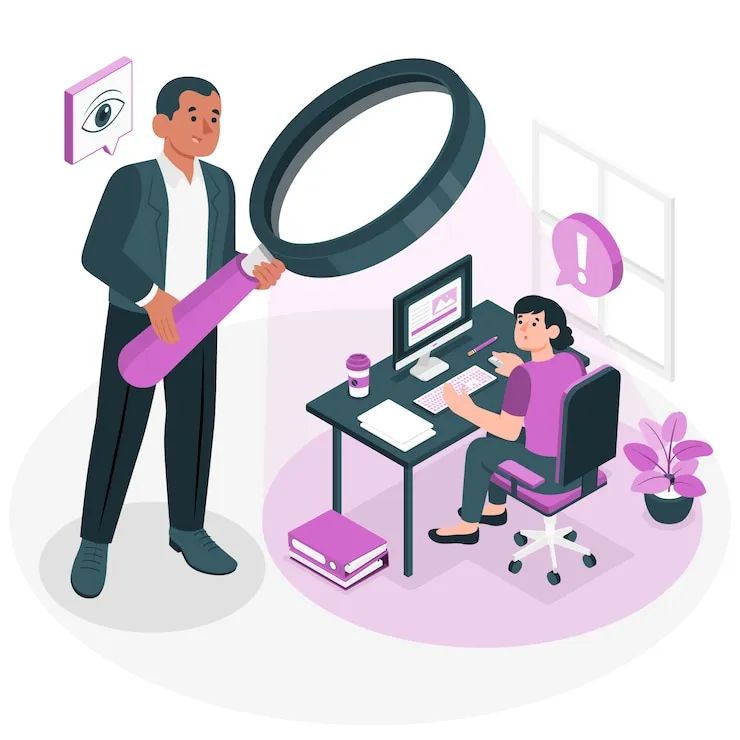
You may be talented at something without even knowing it. Career assessments are typically the first time that students learn they have a talent for such things as design, public speaking, analysis, or mechanical reasoning.
For instance, a person who’s always enjoyed planning events and making lists may find that project management or event planning careers are an excellent fit—even if they never thought of it before.
Imagine these tests like a mirror. They show who you are beyond your surface, revealing abilities and talents even your grades or school record may not display.
The Psychology Behind Career Tests
Unless it is specifically stated otherwise, the best career tests are founded on psychological models such as:
- Holland’s RIASEC Model (Realistic, Investigative, Artistic, Social, Enterprising, Conventional): Measures your personality against working environments.
- MBTI (Myers-Briggs Type Indicator): Is concerned with the way you think about the world and make choices.
- Big Five Personality Traits: Assesses for openness, conscientiousness, extraversion, agreeableness, and emotional stability.
Such models aren’t mere fluff terms—there’s research behind them that spans decades. If a career test is founded on one of these, you can rely on it to deliver thoughtful, meaningful results.
How to Link Test Results with Personal Investigation
Don’t merely have a look at your test results. That’s akin to viewing the trailer and missing the film.
Once you have a list of possible careers:
- Observe videos or blogs from individuals in that career.
- Look up required degrees, certifications, and skills.
- See job trends and salaries on sites like LinkedIn or Glassdoor.
- Contact college career centers—most are free even if you don’t attend yet.
This research phase allows you to check the veracity of the suggestions. Is the career as thrilling as described? Do they demand long working hours or travel? These are the types of things you’ll clarify during your investigation.
When Should You Take a Career Test?
The ideal time? Just after your 12th board examinations, when the stress relaxes a little and you have your wits about you.
But here’s a tip: You can take it sooner too, say in 10th or 11th. The sooner you find out your direction, the more time you have to get ready.
And you don’t have to take it only once. Imagine it as a check-in every year. As you mature, your skills and interests change. It’s fine to revise your direction.
Free Doesn’t Mean Low Quality
Some students fear that free tests will be too broad or inexact. That’s not necessarily the case.
There are great free tests, particularly those provided by:
- Government programs (such as NCERT’s “Guidance for Students” website)
- Educational non-governmental organizations
- University outreach centers
- Open-source sites created by psychologists
You just need to make sure they give personalized results, not simply overall labels like “You should be a doctor.”
Integrating Career Testing into School Curriculum
A growing number of progressive schools in India and abroad are integrating career assessments into their yearly academic schedule. Why? Because self-discovery shouldn’t be a last-minute scramble in 12th grade.
- Career days with testing booths
- Seminars by counselors
- One-on-one feedback sessions
These initiatives help normalize career exploration and take the pressure off “deciding your whole life” in a single afternoon.
How to Prepare for a Career Test

You do not need to “study” for a career test, but mental preparation aids you in receiving correct results:
- Be truthful in your responses. Don’t choose what sounds “correct”—choose what feels accurate.
- Be well-rested—don’t take the test when you are tired or under stress.
- Minimize distractions such as social media or background chatter when responding.
- Take your time—don’t hurry.
It is not a test. It’s a dialogue with yourself.
What If the Results Aren’t What I Wanted?
Suppose your aspiration is to be an architect, but the test indicates you would excel in law. That is baffling. Do this:
- Probe deeper into why it indicated that. Is it your ability to reason? Your detail orientation?
- List the characteristics necessary in each profession. You might see some overlaps.
- Merge your passion with the test results. Perhaps architecture + law = urban planning or environmental policy?
It’s not a matter of picking just one road—it’s about finding innovative combinations.
Developing a Career Plan After the Test
Here’s a 5-step plan you can use once you have your test report:
- Narrow down 2-3 career fields on the basis of results and your personal interest.
- Investigate the education stream required.
- See if there are entrance exams or certifications for that field.
- Develop a roadmap—what to do in the next 6 months, 1 year, and 3 years.
- Begin developing skills early—workshops, online courses, competitions.
This type of planning can set you leagues ahead of your fellow students.
This type of planning can set you leagues ahead of your fellow students.
A test is a map. But occasionally, you require a guide to interpret the map for you.
A career counselor can:
- Discuss your results in detail
- Recommend alternate careers based on your interests
- Assist in balancing parental expectations
- Assist in balancing parental expectations
Most counselors today provide consultations online for free or with minimal cost. Some even collaborate with professionals to provide packages to students.
Last Word: Your Career, Your Choice
No one or test can determine your fate. What they can do is provide clarity, direction, and confidence. Ultimately, the choice is yours.
You’re not picking a prison. You’re picking a path. And guess what? Roads can change, merge, or even start anew. But the sooner you start walking with a direction, the further you’ll go.
Conclusion
Taking a free career test after 12th can be one of the most helpful steps toward building a future you’re excited about. While the choices can be overwhelming, tools like these simplify the process and offer clarity. Don’t wait till it’s too late—take a test, understand yourself better, and carve your unique path.
FAQs
1. What is the best free career test after 12th?
CareerExplorer, 123Test, and CareerGuide are among the most popular and reliable free tests.
2. Can I change my career later if I make the wrong choice?
Absolutely. Many people change careers in their 30s and 40s. Your first choice isn’t your only choice.
3. How many times can I take a career test?
As many as you want! Just make sure you answer honestly each time.
4. Should I trust free career tests?
If they’re backed by science and psychology, yes. Always cross-check with a counselor.
5. What if my parents disagree with the results?
Use the test report to start a conversation. Involve a counselor to mediate if needed.
Please don’t forget to leave a review.
100%
student
How to Achieve Your Goals In 2025
